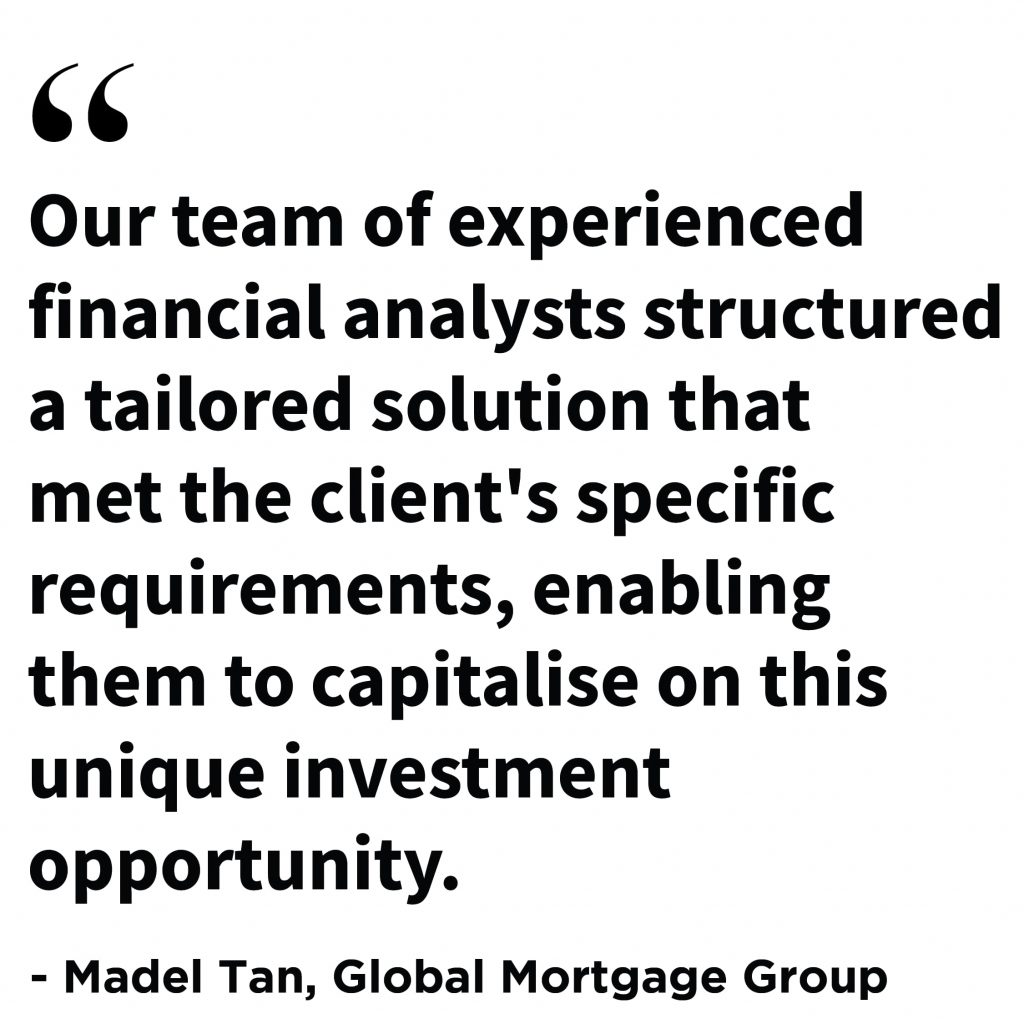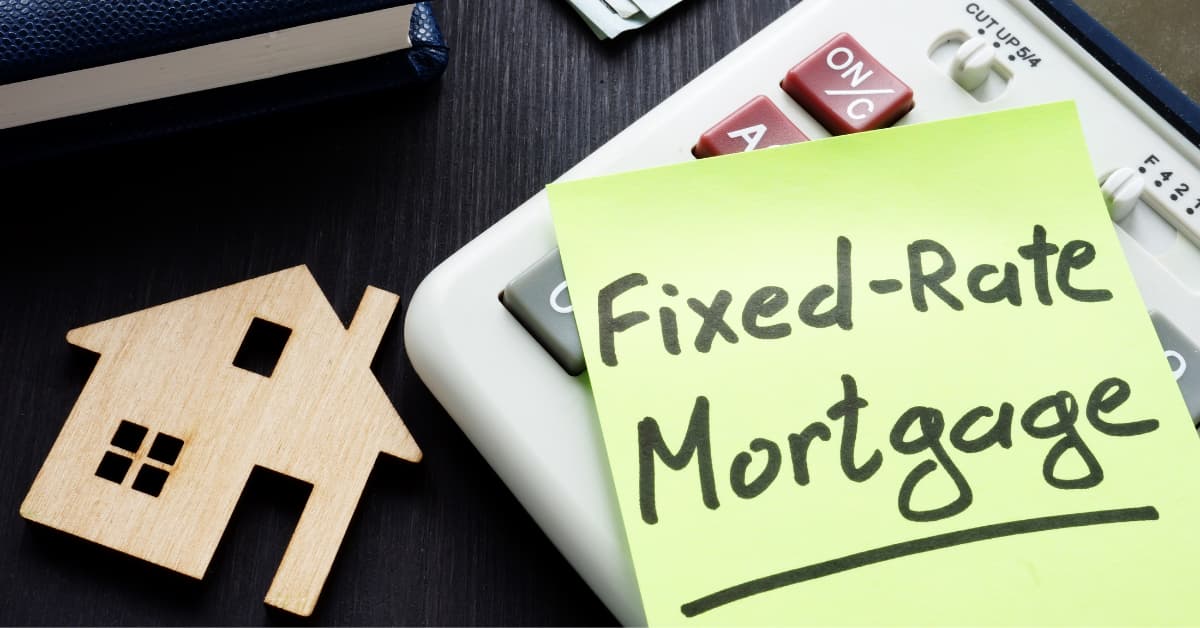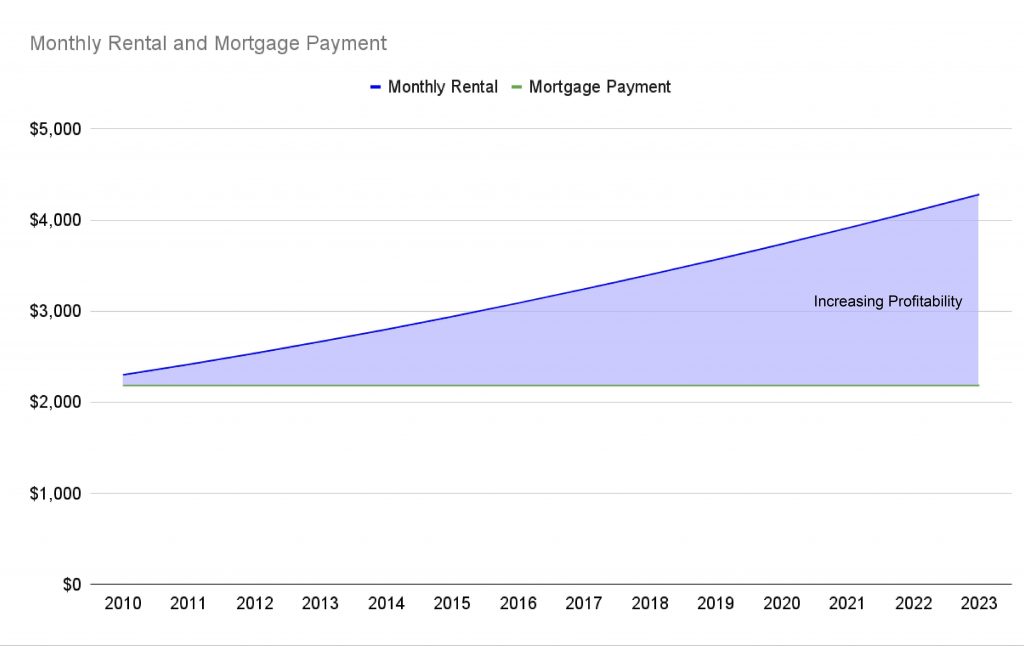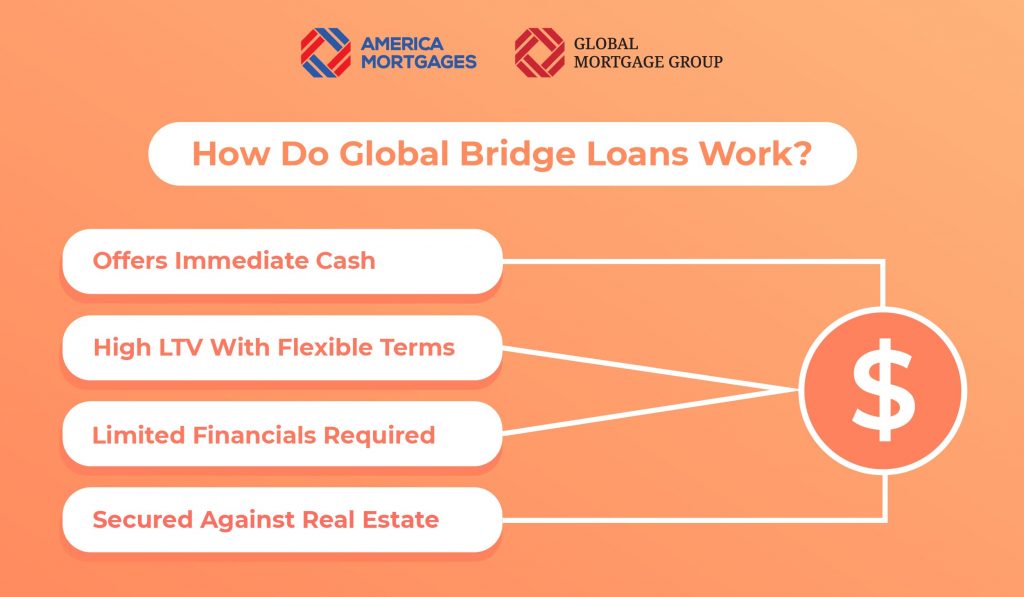Global Mortgage Group (GMG), a leading international mortgage originator, is proud to announce the successful funding of a $38.5 million asset-based bridging loan for a luxury Good Class Bungalow (GCB) property in Singapore. The loan enabled the owner to complete the acquisition of another company by leveraging on this prime real estate.
With a strong commitment to empowering Singapore real estate investors and homeowners with bespoke financial solutions, GMG specialises in catering to the unique needs of high-net-worth (HNW) individuals and foreigners seeking to access liquidity without the need for a deep dive into personal and company financials. GMG offers these customised liquidity solutions worldwide, including U.S.A., Australia, U.K., Canada, Thailand, Philippines, Hong Kong, and Dubai.

Located in one of Singapore's most sought-after neighbourhoods, the GCB offers unrivalled luxury and privacy, making it a prime investment in Singapore's thriving property market. The loan was structured to meet the client's funding needs and exit timeline at a 72% LTV (loan-to-value) with an 18-month interest servicing-only tenor. This closing marks GMG's successful funding in excess of over $350 million in bridging loans in Singapore this year alone.
"We are thrilled to have facilitated this substantial asset-backed bridge loan for our client. Our team of experienced financial analysts structured a tailored solution that met the client's specific requirements, enabling them to capitalise on this unique investment opportunity to expand their business. From the initial discussion to funding, the process took only 12 days." said Madel Tan, Singapore Head for Global Mortgage Group. "We have seen an upward trend in market demand for bridging loans that offer flexibility and liquidity to our HNW clients."
GMG's expertise in providing efficient asset-based bridge loans for high-value properties allows their clients access to an extensive network of lenders with bespoke programs. Their commitment to excellence extends to simplifying what is often a complex real estate transaction.
About Global Mortgage Group:
Global Mortgage Group is a leading international mortgage originator that specialises in offering customised financial solutions for high-net-worth individuals and foreign investors. With a track record of successfully funding significant real estate transactions in Singapore and globally, Global Mortgage Group provides flexible and personalised mortgage options to meet the diverse needs of its clients worldwide.
For more information, please visit www.gmg.asia or get in touch with Madel Tan, Director and Head of Singapore at, +65 9634 5623 or madel.tan@gmg.asia.













